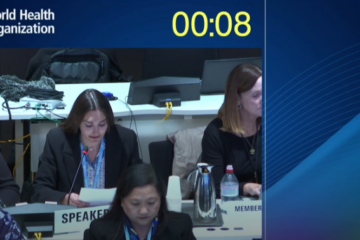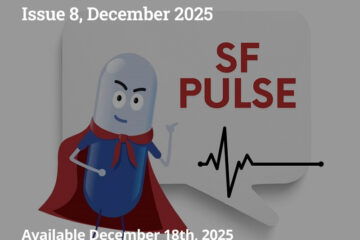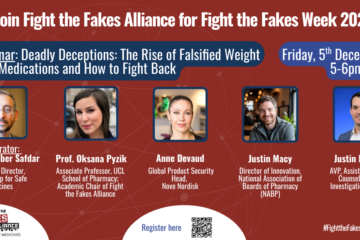A coalition of the world’s leading health and rights organizations including Fondation Botnar, Women Deliver, PATH, and the Partnership on Maternal, Neonatal and Child Health released a new report on August 12 – International #YouthDay – titled:
“Health & Technology: What do young people think?”
Fight the Fakes contributed to the report by sharing the survey among their network!
You can access the full report here, or read our brief summary below!
Over 1,500 young people aged between 15 and 30 years from around the world were surveyed for the report and asked about their opinions regarding health and technology. Key questions which formed the basis of the report were the following:
- What are young people’s top health concerns?
- How many young people use technology for their health-related needs?
- Are young people’s health concerns being adequately addressed?
- How does the future of health look like?
Key findings:
- 37% of young people say that they have difficulty accessing health services, with lack of insurance and the high costs of health care being cited the biggest barriers to access health services
- 92% of young people agree that technology is a critical enabler of health care solutions
- 62% of young people say that they already use technology for their own health-related needs
- They predominantly use technology to access health information and advice, identify health practitioners and book appointments, use fitness tracking apps, and record and analyse personal health data
- However, young people also report various concerns when using apps and technology for health: 67% are worried about the personal data security; 46% express concerns over inaccurate information; and 29% question the high costs of entry and maintenance of technologies
- 79% of young people around the world think that their health concerns are not adequately addressed
- 88% think that governments need to do more to provide access to affordable and quality health care, and likewise 83% believe young people must be involved in in the decisions governments and politicians undertake concerning health care
As poignantly said in the report, ultimately, it is critical to engage young people in the discussions around digital health: “As digital natives, young people bring a unique perspective to global discussions and can provide valuable contributions when given the opportunity. After all, young people themselves are best placed to understand their own needs and offer solutions that work”.


